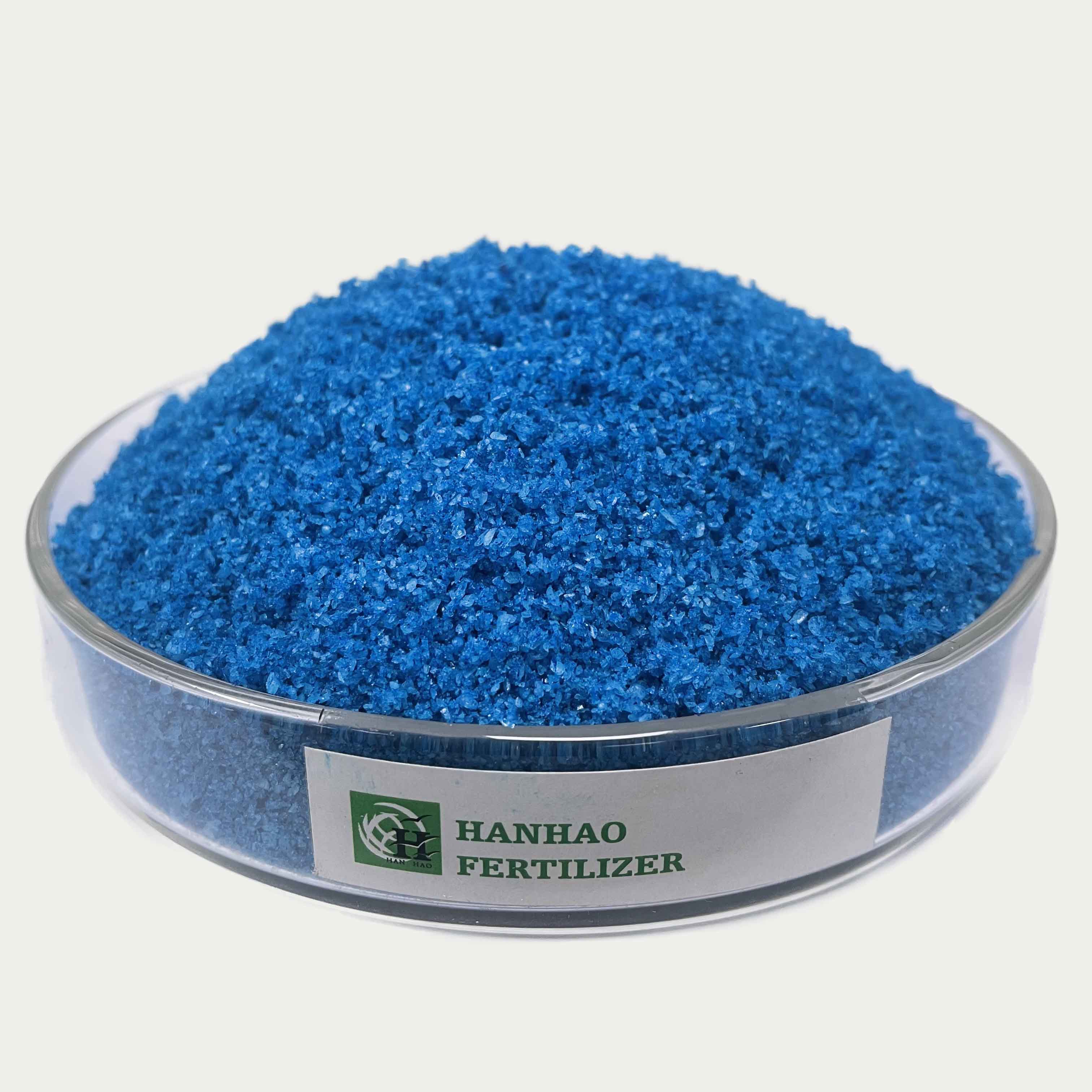
Aug . 30, 2024 10:27 Back to list
EDDHA Iron Chelate
Understanding EDDHA Iron Chelate An Essential Component for Plant Health
EDDHA iron chelate, or Ethylenediamine-N,N'-diacetic acid, is a synthetic compound widely used in agriculture as a micronutrient fertilizer. It is particularly valued for its ability to provide plants with an essential nutrient iron. Iron is crucial for various physiological processes in plants, including photosynthesis, respiration, and nitrogen fixation. However, iron is often not readily available in the soil, leading to deficiency problems, particularly in alkaline soils or those with high phosphorus content. This is where EDDHA iron chelate comes into play.
Understanding EDDHA Iron Chelate An Essential Component for Plant Health
One of the key advantages of using EDDHA iron chelate is its ability to improve plant growth and yield. Iron deficiency in plants manifests through symptoms such as chlorosis, where leaves turn yellow while veins remain green. This condition not only affects the aesthetic value of ornamental plants but can also lead to reduced crop yields in agricultural contexts. By supplying iron in a readily available form, EDDHA helps to prevent these deficiencies, resulting in healthier plants and increased production.
eddha iron chelate

The application of EDDHA iron chelate can take various forms, including soil application, foliar sprays, or incorporation into fertigation systems. The mode of application often depends on the specific needs of the crop and the existing soil conditions. Soil application is common for long-term nutrient management, while foliar sprays can quickly address acute deficiency symptoms in highly valuable crops.
Moreover, the use of EDDHA iron chelate is not limited to traditional agriculture. It is increasingly being recognized in horticulture, landscaping, and even hydroponic systems. In hydroponics, for example, where soil is absent, EDDHA provides an optimal source of iron that significantly enhances plant health and growth rates.
Environmental considerations are also notable. EDDHA iron chelate is designed to minimize the risk of leaching and runoff, thereby reducing the potential for water pollution and environmental degradation. This characteristic makes it a more sustainable option compared to some traditional fertilizers that can contribute to nutrient run-off into waterways.
In conclusion, EDDHA iron chelate stands out as a vital component for promoting plant health and agricultural productivity. Its unique properties ensure that iron remains available to plants even in challenging soil conditions, thereby preventing deficiencies and supporting robust growth. As agriculture continues to evolve towards more sustainable and efficient practices, EDDHA iron chelate is likely to play an increasingly important role in ensuring that crops receive the essential nutrients they require for optimal health and yield. With its broad applicability across various agricultural sectors, it represents a key innovation in modern horticulture and farming.
-
Premium Organic Manure Compost for Eco Gardens
NewsAug.01,2025
-
Organic 10-10-10 Fertilizer | Balanced Plant Nutrients
NewsJul.31,2025
-
Premium Amino Acid Fertilizer | Rapid Plant Growth Booster
NewsJul.31,2025
-
10 10 10 Fertilizer Organic—Balanced NPK for All Plants
NewsJul.30,2025
-
Premium 10 10 10 Fertilizer Organic for Balanced Plant Growth
NewsJul.29,2025
-
Premium 10 10 10 Fertilizer Organic for Balanced Plant Growth
NewsJul.29,2025
